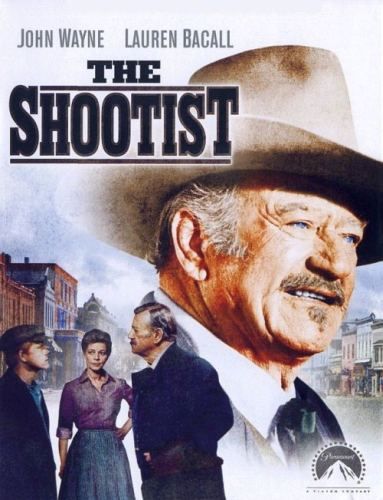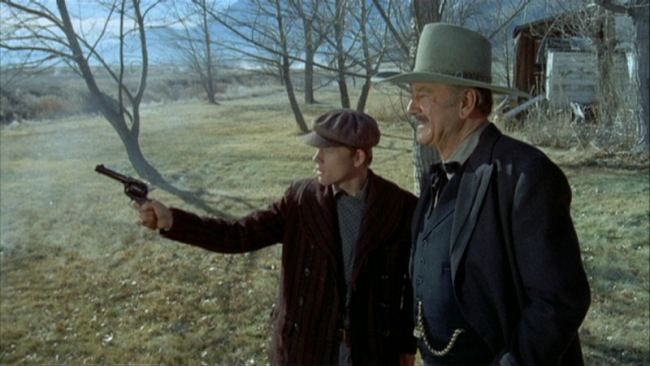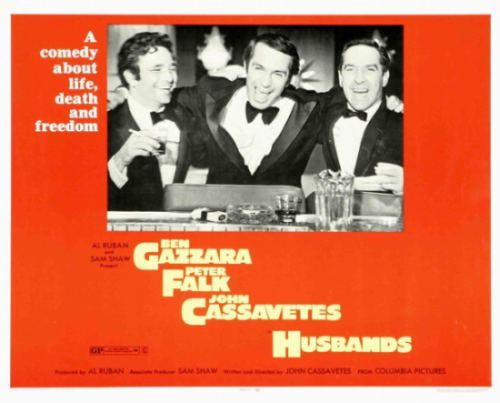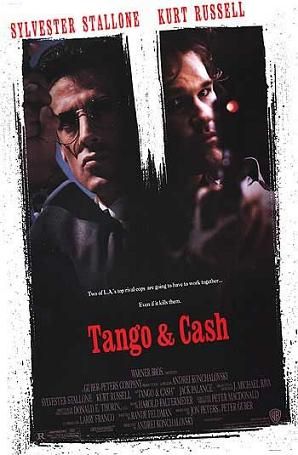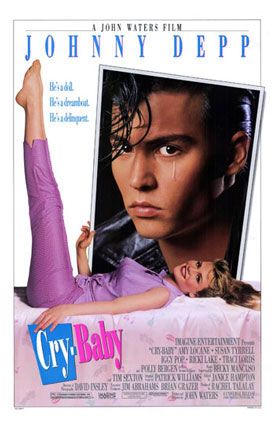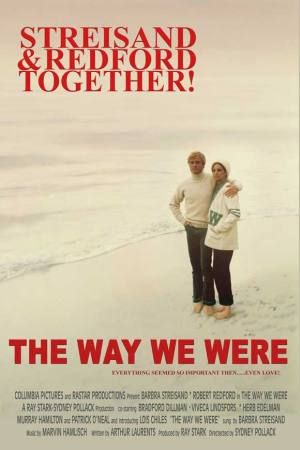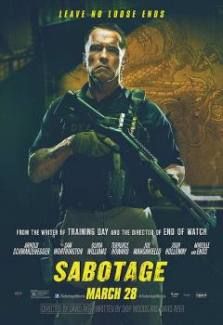
Sabotage
(David Ayer, 2014)
It's great to have Arnold Schwarzenegger back on the big screen. I enjoyed his previous starring vehicle, 2013's The Last Stand, which was fun, exciting, contained some great action sequences and several humorous one-liners. Unfortunately, Sabotage is lacking in all of those things. It's too dour, too self-serious and too mean-spirited to have fun with its action. Schwarzenegger's character is still reeling from the brutal murder of his family, so he lacks his usual commanding presence and inherent likability. It's also unclear for the majority of the film whether or not his character is a hero or a traitor. If this was a stronger film with better direction and a better script, I'd probably praise the ambiguity, but such an approach instead removes any rooting interest in the characters, making the whole affair rather dull and lifeless. Aesthetically, the film reminds me of a direct-to-video feature with poor production values and too-bright lighting. Most of the dialogue is your typical sex-obsessed, my-d!ck-is-bigger-than-your-d!ck, wannabe-macho diatribe heard in locker rooms and battalions. To shoot or get shot is the only reason side characters exist in this film, which means Terrence Williams, Sam Worthington and other familiar faces go to waste in this below average, poorly written, forgettable action-thriller.
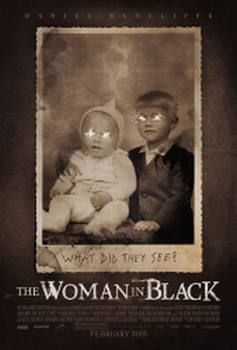
The Woman in Black
(James Watkins, 2012)
Surprisingly old-fashioned and heavy on Gothic atmosphere, The Woman in Black is most successful when relying on traditional haunted-house archetypes and imagery. The story is similar to every ghost story ever made, but at least the film spends little time on exposition and mostly just follows Radcliffe around the creepy mansion while things go bump in the night. Every other scene features Radcliffe walking down a long dark hallway in trepidation. That gets old after awhile, but a few scenes provide an inkling of suspense and chills. It's hard for me take Radcliffe seriously as an adult actor. Surely he learned some tricks at Hogwarts to vanish ghosts. Or at the very least he could have used his wand to provide a bit of light so he doesn't have to explore in the dark. The ending is lame, and the movie becomes less creepy once it starts relying on CGI instead of imagination to provide the frights. The Woman in Black is below average as a horror film, but the short run-time and the thick atmosphere make it more effective than some ghost stories I've seen in recent years.
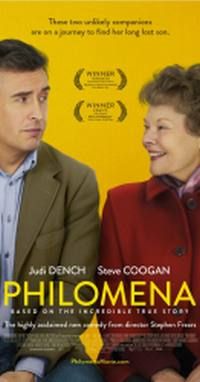
Philomena
(Stephen Frears, 2013)
Considering the true story at the heart of Philomena, this should have been a powerful, infuriating, emotionally engaging film, but the only emotion it elicited in me was boredom and indifference. However, that's my general reaction to all human interest stories, whether it's in the form of a two-minute segment on the news or, in this case, a ninety-minute motion picture, so my tepid reaction might speak more to my misanthropy than the film's shortcomings. Or maybe not. Personally, I blame my disconnect with Philomena on its approach to the subject matter. If the film's perspective had focused less on Steve Coogan's smug journalist and more on Judi Dench, then I think I would have had a stronger emotional connection to the story. Dench is excellent in the film. Her performance is deceptively complex, balancing tenderness and warmth with a great inner strength required for her character to carry the weight of such enormous sorrow. The young actress who plays Philomena in the flashbacks is nowhere near as talented, but the tragic events that unfold give those scenes an emotional resonance. Unfortunately, Coogan's reluctant decision to assist in the search for Philomena's forcefully adopted son, as well as his ensuing moral dilemma over whether to publish her story or not, is given more screen time and treated with more importance than Philomena's injustice. Perhaps that's not surprising since the script is adapted from a book by Coogan's real-life counterpart, but it reeks of self-centeredness and it impedes the film from capitalizing on Dench's strong performance or the powerful true story.
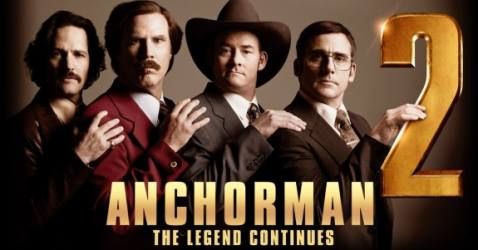
Anchorman 2: The Legend Continues
(Adam McKay, 2013)
I feel like the only person in the world who hated the first Anchorman. I found it absolutely dreadful, yet everyone and their mother said it was hilarious and constantly quoted it. Now comes the sequel, which is even more idiotic and even more of a torture to sit through. The only time I laughed was when Burgandy and his crew smoked crack on live television. I also admired the satiric aspects of the film since it accurately spoofs the lack of integrity and the ratings-obsessed tactics of modern news stations. The rest of the film, however, is atrocious. Few things are worse than an unfunny comedy, and I just don't find these characters and their ad-libbed attempts at humor to be funny. There is little structure to the film. Everything feels reckless and made up as it goes along. The one-liners try too hard to be ridiculous and quotable. A scene near the end of the film features about twenty-five cameos from well-known superstars. It's humorous at first, but in the spirit of the film, the scene goes on and on and on until it quickly becomes tiresome. I generally like Will Ferrell, Steve Carrell and Paul Rudd, but not in these particular roles.
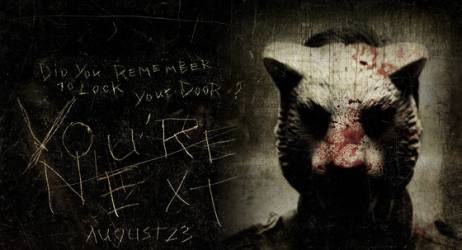
You're Next
(Adam Winguard, 2013)
When I first saw a trailer for You're Next, I thought it looked like one of the most unoriginal films I'd ever seen. Then it received surprisingly strong reviews and the endorsement of my friends. Now that I've seen it, I should have trusted my initial instinct. You're Next isn't the self-aware horror comedy many have labeled it. Sure, the film tries to be different, teetering toward a Scream-version of the home-invasion sub-genre, but instead it lands more on the side of The Strangers and a gazillion other similar films. If this is what passes for smart nowadays, then the genre has fallen farther than I thought. At least when a horror film features the usual cast of clichés--- the virgin, the nerd, the stoner, etc.--- you recognize those characters, regardless of their lack of depth. The problem with You're Next is that everyone looks and acts alike, so it's as if the entire cast blends into one faceless blob of bland personalities. Since the relationships between most of the characters isn't evident, the big twist in the second half had no impact. Some viewers have mentioned the humor in the film, which I failed to notice except in one or two scenes, and even then the movie fails to fully commit to the joke, resulting in an awkward moment of "Should I laugh or should I not?" And with the exception of a blender to the skull, even the kills lack creativity. Overall, You're Next is a rudimentary, by-the-the-numbers home-invasion movie lacking in tension, scares or suspense, yet somehow it has fooled many viewers into thinking it's more than the sum of its (severed) parts.
__________________


 I love Phoebe.
I love Phoebe.  .
. . Also sorry for turning your thread into a Friends discussion captain.
. Also sorry for turning your thread into a Friends discussion captain.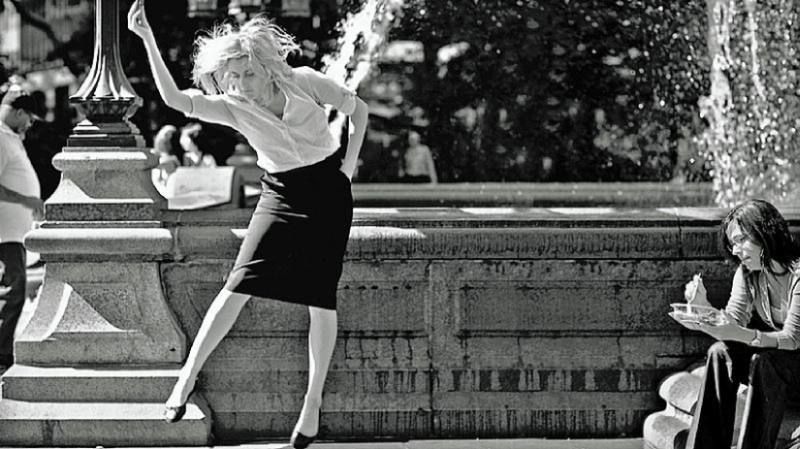

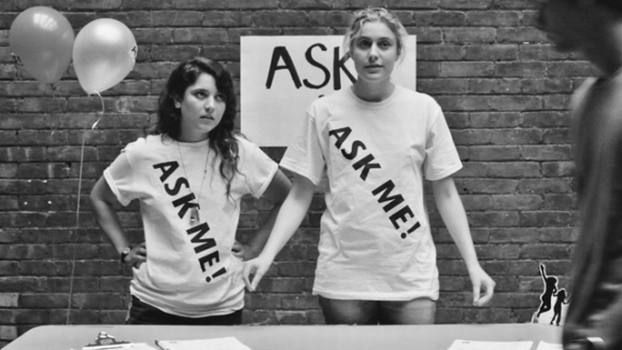
 )
)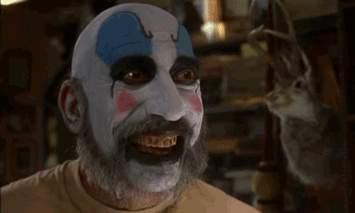
 I've got a massive watch list but instead of just zipping through them I tend to space them out to allow myself time to review them if I feel the need.
I've got a massive watch list but instead of just zipping through them I tend to space them out to allow myself time to review them if I feel the need.
